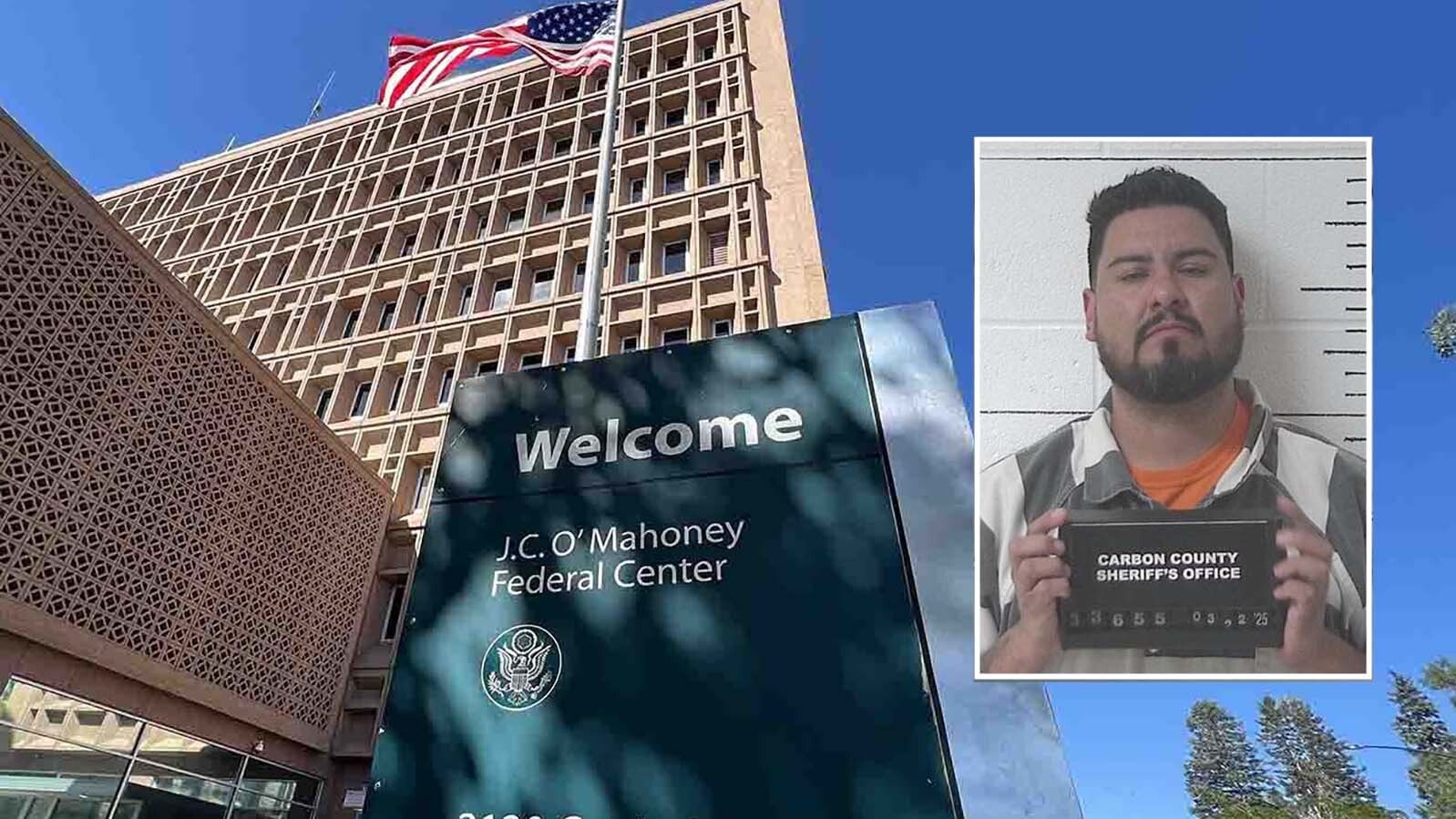Wyoming’s prisons system has finalized a contract with a new health care provider, parting ways with its prior medical contractor of 18 years that’s been sued more than 1,000 times.
The Wyoming Department of Corrections will pay Alabama-based health care provider Naphcare about $46.2 million over the next two years and two months for medical care, which includes dental, vision, mental health and any special needs care, according to a contract between the two organizations released Monday to Cowboy State Daily.
That’s about 16% more than the cost of DOC’s longtime, now-former provider YesCare, which was most recently providing services at a rate of $39.7 million had it been charged biennially.
When DOC put out a bid last year to shop different providers, YesCare proposed a new biennial contract of about $41.2 million, about 4% less than the deal with Naphcare.
Naphcare’s bid was originally higher than its final contract price at about $48.8 million. The DOC apparently negotiated that down to the contract’s $46.2 million.
Though that looks like a $5 million difference between YesCare’s bid and Naphcare’s final contract in the bottom line, the cost hit to Wyoming will actually be less than that due to other provisions in the contract, Wyoming DOC Director Dan Shannon told Cowboy State Daily on Monday.
The contract includes $860,000 for the extra two months before the biennium, during which Naphcare will transition DOC inmates into its care. It also says that Naphcare and the DOC will split the cost of off-site services with each paying half — and DOC keeping a negotiable $3 million cap on its portion of those costs.
“When it all shook out, we were about $1.1 million different” between YesCare’s bid and the terms of Naphcare’s final contract, said Shannon.
The Wyoming Legislature recently allotted about $290.1 million – mostly in state funds – to DOC for its upcoming biennial budget. The agency’s health care costs are slated to comprise nearly 16% of that total.
"I was surprised that with all the current inflation in medical costs, that the (providers') bids were not even higher," said Shannon, noting that DOC received contract bids from multiple agencies ranging from $37 million to $66 million.
He expressed pride in DOC using the "state procurement," or bid process to "ensure we received the best product we can for our money - as well as services," and he expressed gratitude to YesCare for its 18 years of service; and said he's looking forward to the agency's work ahead with Naphcare.
Abortions Limited By Law And Contract
The contract appears to limit publicly funded abortions to medically-necessary procedures only.
“(Naphcare) will not be responsible for the cost or furnishing of any abortions unless medically necessary,” says the contract. “(Naphcare) shall not authorize or perform any abortion without the express written consent of (DOC).”
Shannon said both Naphcare and the Wyoming agency wanted it that way.
“That provision of the contract clearly identifies that no abortions would be completed unless it was involving the life of the mother,” said Shannon.
Shannon added a caveat: DOC will follow court orders as they arise.
The provision roughly mirrors state law, which says the Legislature shall not fund abortions except in the case of incest, rape, or risk to the mother’s life. And the provision also existed in the prison's prior health care contract, Shannon added.
Shannon has been with Wyoming DOC for 17 years, and said he has not heard of the agency having any abortions performed — medically necessary or otherwise — throughout that time.
Not A Lot Of Transgender Stuff In The Contract
The contract doesn’t discuss transgender treatments except to refer Naphcare to DOC’s already-existing policy on transgender inmates.
That policy makes a person’s transgender status a consideration in housing the person, though DOC does not allow cross-sex contact between male and female inmates at its facilities, according to the policy and prior DOC statements.
DOC provides hormone therapy medications to inmates who were already on hormones before going to prison, but has not performed any transgender surgeries on inmates, DOC has told Cowboy State Daily in prior statements.
A provision of the contract referencing “specialty populations” says Naphcare can only use expert and experienced medical staff “to determine medically necessary care which meets federal and state regulations.”
Clair McFarland can be reached at clair@cowboystatedaily.com.





